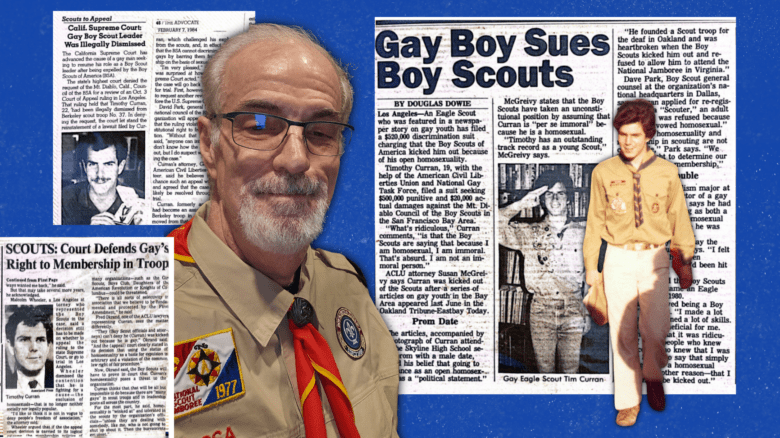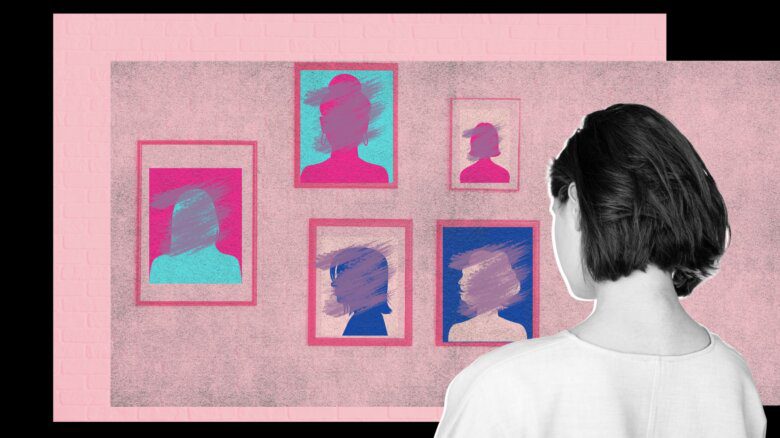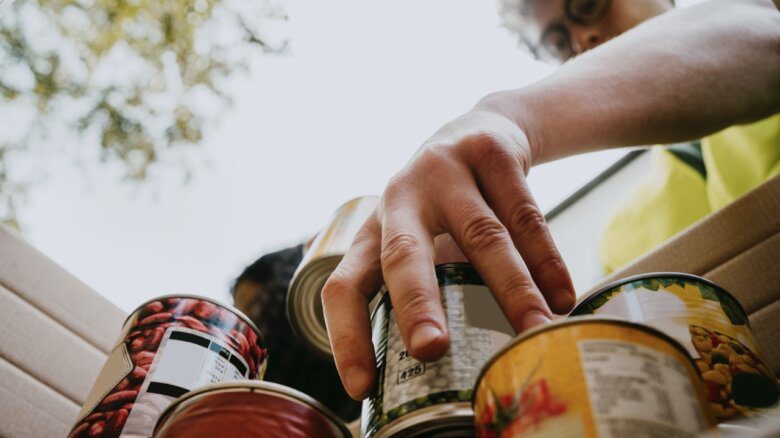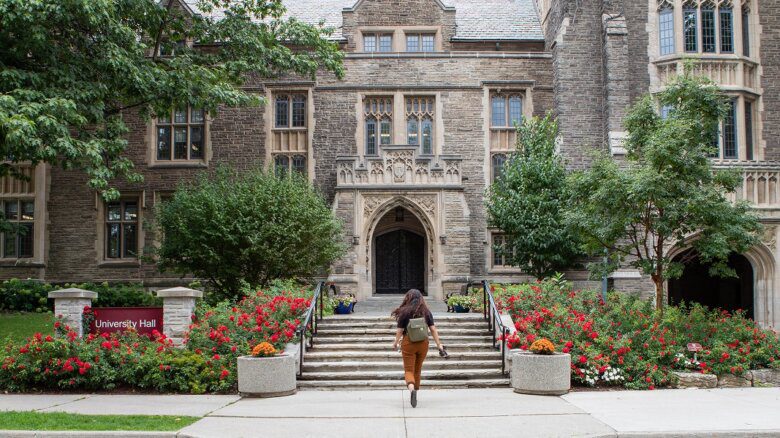Happy May! Somehow, it’s already the start of a new month, and the start of a new week. To make life easier for you, we’ve rounded up the top five stories in LGBTQ2S+ news. We’ve got more disruptions at drag queen story hours, a delay on discussions surrounding an important HIV-prevention program in Uganda, San Francisco’s repeal of a boycott on 30 U.S. states, the Human Rights Campaign’s public call for Bud Light to renew support for the trans community, and lesbian dating app HER’s stand against TERFs on the app.
1. In Toronto, yet more drag queen story hours are being picketed by transphobic protestors—with some unlikely protectors stepping in to help
2. An HIV protection scheme meeting in Uganda has been halted by the U.S. State Department
3. San Francisco changed its mind about banning city-funded travel to 30 anti-LGBTQ2S+ states
4. Bud Light called on to renew support for trans community
5. Dating app HER takes a stand against transphobes
1. In Ontario, yet more drag queen reading events were picketed by transphobic protestors—with some unlikely protectors stepping in to help
This weekend, two separate drag queen reading events were picketed by homophobic and transphobic hate groups who sought to prevent families from entering the events at their local libraries.
The Fort York branch of the Toronto Public Library and Middlesex County Library in Parkhill, Ontario, were both subject to picketing, though neither protest garnered particularly large crowds.
In Toronto, those picketing the event reportedly wore clothing and spread statements identifying themselves as white nationalists or sympathizers, according to NDP MPP Kristyn Wong-Tam. But those protestors were outnumbered by those who came out to show their support for the story hour, with rainbow umbrellas, flags and posters making the counter-protest particularly colourful outside the library:
In Parkhill, a similarly small group of homophobic and transphobic protestors gathered outside Middlesex County Library—around two dozen people. But for families and other queer people attending Drag Queen story hour inside the library, an unlikely group came to the rescue to help visitors feel safe. Motorcycle group the WindSisters formed a chain in front of the library entrance.
“Historically, a butch—like myself, and I’ve been one for 50 years now—our role in the community has always been one of the great protector,” said Patricia Ginn, a member of the WindSisters. “Today we wanted to come here and show protection and help the community celebrate all of our inclusivity.”
2. An HIV protection scheme meeting in Uganda has been halted by the U.S. State Department
After Uganda announced the passing of a highly controversial Anti-Homosexuality Bill—which includes severe punishments for those convicted of “aggravated” or “attempted” homosexuality—in March, U.S. State Department officials have paused plans for an HIV protection scheme meeting, saying they need time to consider how the bill will impact the program.
The scheme, called the President’s Emergency Plan for AIDS Relief (PEPFAR) was launched in 2003, and aims to help fund HIV treatment in over 50 countries. It would include USD $400 million of funding for a specific program in Uganda.
“We are reviewing the possibility that the AHA [Anti-Homosexuality Act], if signed, might prevent us from providing life-saving prevention, care and treatment services equitably to all Ugandans,” said the U.S. State Department about the decision.
3. San Francisco changed its mind about banning city-funded travel to 30 anti-LGBTQ2S+ states
Since 2016, San Francisco has boycotted city-funded travel and business with companies in 30 states in the U.S. that have conservative anti-LGBTQ2S+ laws—but that’s set to change after seven members of the San Francisco Board of Supervisors determined that the ban could be causing more harm than good.
Supervisor Rafael Mandelman sponsored legislation to repeal the boycott, stating, “It’s not achieving the goal we want to achieve.”
Initially, it was hoped that the boycott would put pressure on other states to change their homophobic and transphobic laws, but Supervisor Matt Dorsey noted that the boycott has essentially changed nothing from a legislative perspective.
“We haven’t changed a single law,” he said. “I think San Franciscans would be angry if they knew the amount of hoops that have to be jumped through and the added cost to city contracting.”
It’s reported that the boycott cost nearly USD $475,000 in staffing expenses.
4. Bud Light called on to renew support for trans community
The Human Rights Campaign has publicly called on Anheuser-Busch, the maker of Bud Light beer, to state its support for the trans community, in light of recent backlash surrounding trans influencer Dylan Mulvaney’s partnership with the company.
The letter states that it is “absolutely critical” for the company to stand in solidarity with Mulvaney, and criticizes Anheuser-Busch for failing to support the trans community in recent weeks.
“When faced with anti-LGBTQ2S+ and transphobic criticism, Anheuser-Busch’s actions demonstrate a profound lack of fortitude in upholding its values of diversity, equity and inclusion to employees, customers, shareholders and the LGBTQ2S+ community,” said the letter, obtained by The Hill.
“This not only lends credence to hate-filled rhetoric, it exposes Anheuser-Busch to long-term business impacts with employees and customers increasingly looking for steadfast commitment to LGBTQ2S+ corporate citizenships,” it continues.
The company has responded weakly to the hate espoused against Mulvaney, with the company’s CEO making a public statement attempting to disassociate Anheuser-Busch from the controversy.
“We never intended to be part of a discussion that divides people,” their previous statement read.
5. Dating app HER takes a stand against transphobes
Global dating app HER has sent a mass notification to its users this week, with a very clear message for transphobes potentially using the service.
“A Message for Transphobes,” the notification read. “Time to delete HER.”
The app, which has 20 million global users, sent the notification out on Lesbian Visibility Day, accompanied by a blog post highlighting trans and non-binary lesbians.
“The future of lesbians is trans. It’s non-binary. It’s inclusive. If this is a threat to you, if an inclusive intersectional future is a threat to you, please, at this point, just take it back to TERF island and lament your fragile egos there,” the blog post reads.
“There’s no such thing as a ‘real lesbian.’ But being a genuinely lousy human? Oh, that’s a thing. Join us in honouring trans and non-binary lesbians today and forever,” it continued.
Though the founder of the app, Robyn Exton, is a cis woman, she has repeatedly condemned TERF behaviour and been markedly involved in combating transphobia on the app.
“All lesbians are welcome and celebrated on HER—trans lesbians, non-binary lesbians,” she said to NBC News on Friday.
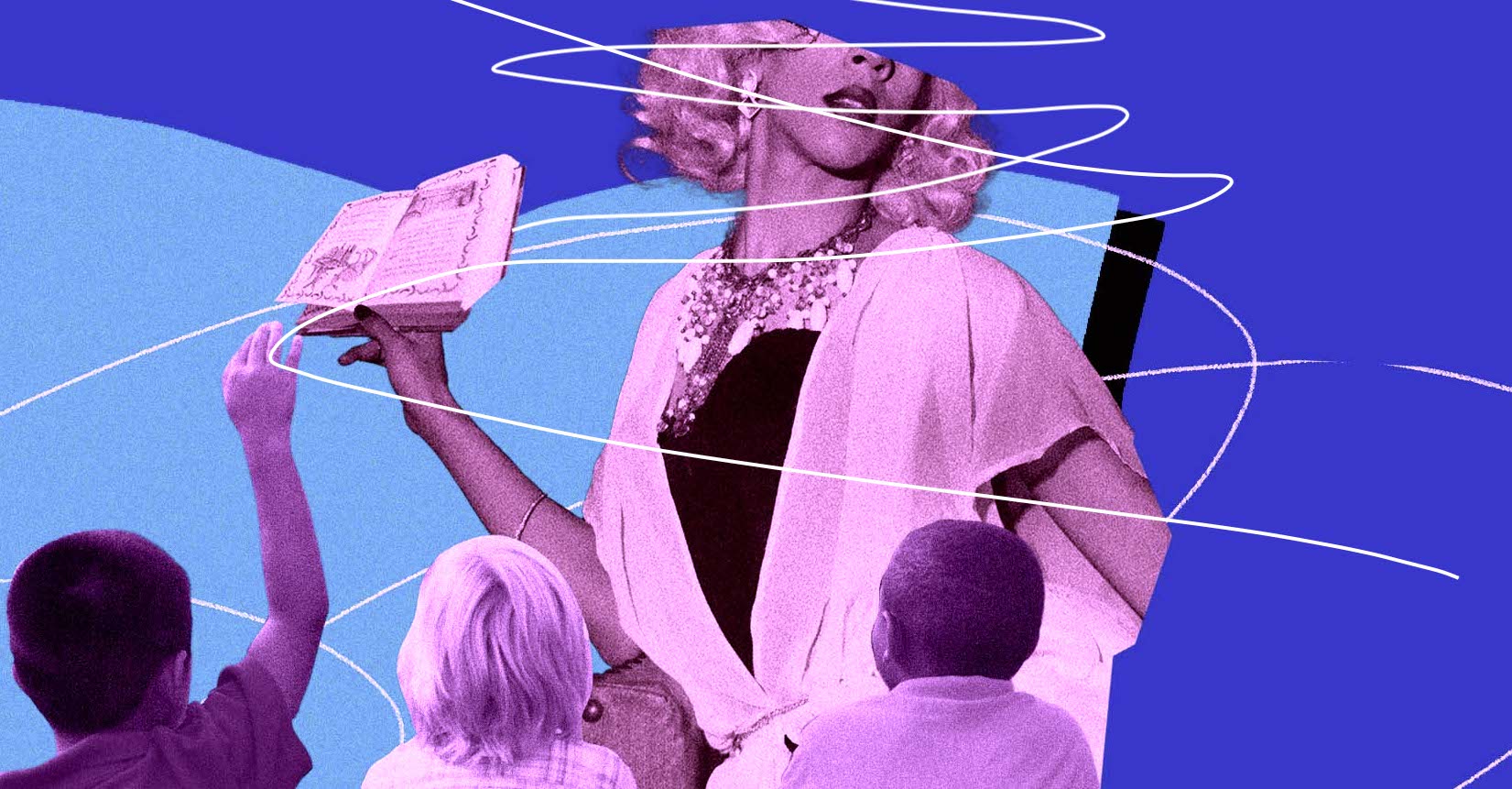

 Why you can trust Xtra
Why you can trust Xtra